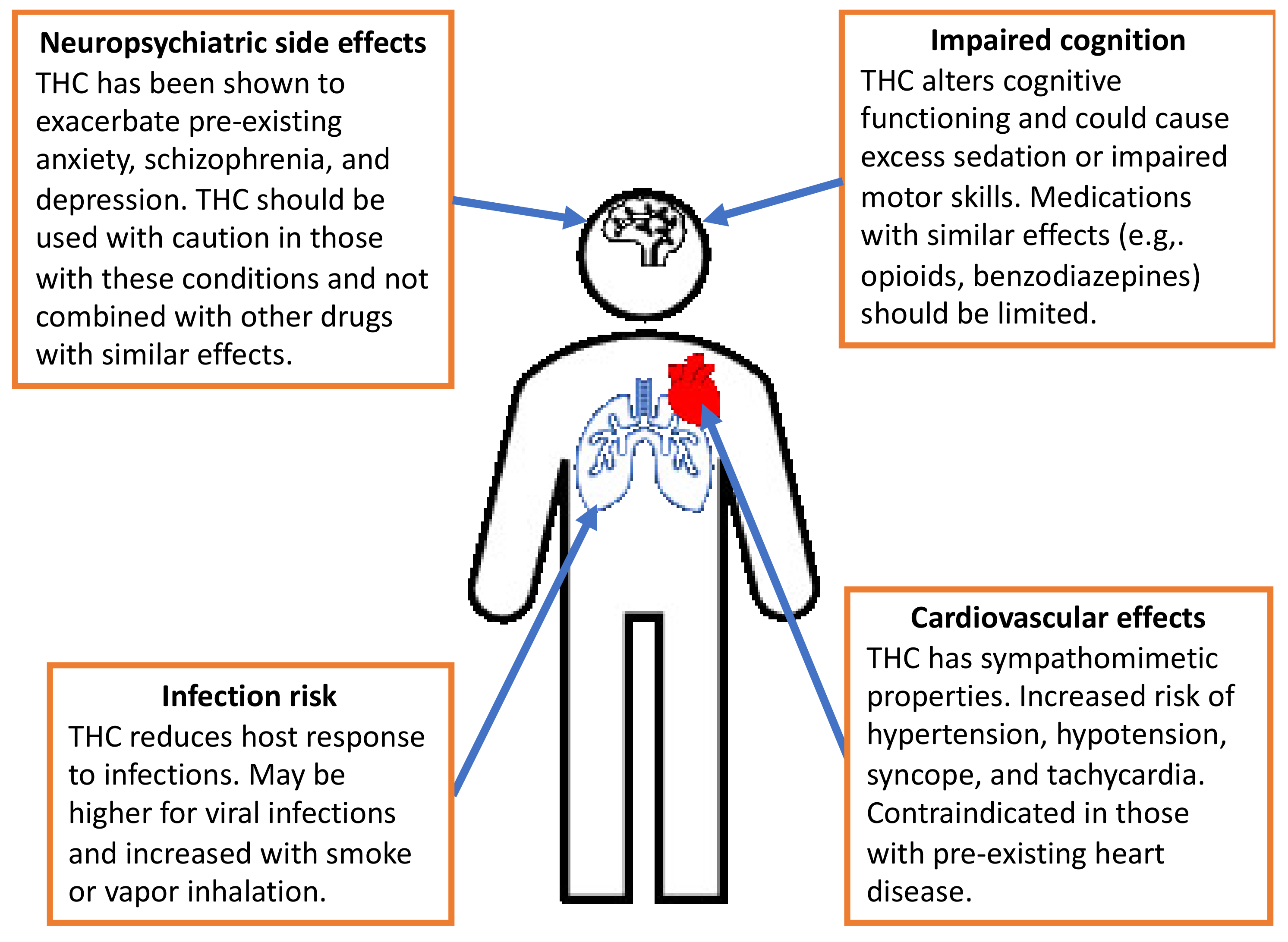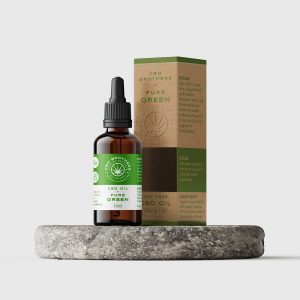
Cannabidiol is a compound that can be found in Cannabis sativa. It has been proven to have many benefits for health. Its effects on the body are different than those of delta-9-tetrahydrocannabinol (THC), the chemical that gives marijuana its psychoactive properties.
Cannabidiol's effects are determined by its interaction with the body’s endocannabinoid systems. The body's endocannabinoid is responsible for controlling a range of vital functions such as pain control, mood regulation and appetite.
Many studies have proven that CBD has many benefits to the body. They can help reduce anxiety, sleep better, and even treat chronic pain. Another study found that CBD can improve your immune system, and help to maintain healthy blood pressure.
Side effects of CBD include increased heart rate, drowsiness and changes in coordination. These side effects may be caused by CBD's interaction of receptors in other parts and the brain.
CBD can have dangerous side effects if taken in large amounts or for prolonged periods. Talk to your doctor if you have any concerns about using CBD.

THC, CBD, and other cannabis can cause drowsiness, loss coordination, and a reduced ability to think clearly. This can make it difficult to safely operate machinery or drive.
THC can also increase your risk of schizophrenia. If you have a history of mental illness, it is especially important to avoid cannabis and CBD.
Cannabidiol is also dangerous for children. Children with a seizure disorder such as Dravet or Lennox-Gastaut can find it dangerous. It can also cause suicidal thoughts or other mental problems in some people.
Cannabidiol can cause addiction in some children and teens. Talk to your doctor immediately if you suspect that your child is addicted to cannabidiol.
This medicine is not recommended for people who are allergic to sesame or other ingredients in cannabidiol. This medication should not be taken if your baby is still in breast milk.
Hemp Oil's Negative Side Effects
People who use hemp oil might experience side effects such as dry mouth, dizziness, or fatigue. These symptoms can be mild, severe, or both. They can vary from one person.

High-doses of Hemp Oil are more likely to cause side effects. It is better to start slowly and reduce your dose of hemp oil.
You may also experience nausea and vomiting from hemp extract. These side effects can be severe or mild and may appear within the first few days.
It is important to take hemp extract with a small amount of water or a non-acidic liquid, such as coconut or grapefruit juice. These liquids may help you absorb cannabidiol faster.
In addition to the effects of cannabidiol, hemp extract has other benefits for the body. It can aid in digestion and constipation relief. It can also lower blood cholesterol and blood pressure.
FAQ
What amount of CBD do I require?
The product type you're using will affect the amount of dosing.
The majority of CBD oils are available in strengths between 100mg and 1,000mg per bottle.
There are many companies that make CBD products in very specific dosages. For example, 25mg, 50mg or 75mg.
Charlotte's Web produces CBD products with high levels of CBD and other substances.
Begin with a low dose if you're not sure whether CBD will work.
It is possible to always go higher.
How can companies successfully market CBD products in a regulation-compliant manner?
The FDA does no regulate hemp as a crop commodity. The Controlled Substances Act regulates other cannabis derivatives (e.g. pot). CBD is not covered by any regulations.
CBD is legal in 29 states. However it is still illegal under federal law. Businesses looking to sell CBD products are left in uncertainty.
The FDA has strict guidelines regarding how CBD products can be promoted. They must disclose the THC content of any CBD products. Without supporting scientific evidence, CBD cannot be claimed to treat certain medical conditions.
Additionally, the FDA requires manufacturers submit information about manufacturing practices and quality control. They require companies to carry out clinical trials to prove safety or efficacy.
These are important considerations for companies when creating their marketing strategies.
What's the future for the CBD industry?
The future for CBD is bright. It is easy to see why this sector is so popular. With CBD products making up over $1Billion worldwide, it's easy for people to see why this market has grown exponentially.
In fact, according to Statista, global sales for cannabidiol (CBD) were expected to reach $22.4 billion in 2019. That's an increase of almost 200% from 2018!
A compound annual growth rate (CAGR) of 22.5% is predicted for the CBD market, which will translate into nearly $6.8 Billion in revenue by 2022.
This is great news both for those looking to enter the market as well as existing companies. We must remember that the CBD market still has a lot of work ahead.
Is the CBD market saturated?
CBD industry has a growing rate of 25% annually. This growth is expected to continue for at least another five years. In fact, the industry is expected grow from $2Billion today and $5Billion by 2020.
Two companies are currently dominating the CBD market - GW Pharmaceuticals & Canndoc Ltd. Both are focused on developing pharmaceutical-grade products. They haven't been very successful so far. Both are struggling to gain traction on the market.
Cannabidiol (CBD), an extract from cannabis, contains less than 0.3% THC. It does not have any psychoactive properties. It can be used to treat epilepsy or other medical conditions. It is also commonly used as a dietary supplement.
There are many kinds of CBD products. Some CBD products are made from whole plant extracts while others contain CBD.
All of these products share one thing: They contain low levels THC.
This makes them legal under US federal law. But, you still have to adhere to local laws when selling CBD products. Check with your state regarding the sale of CBD products.
Additionally, CBD products in some states are illegal. These include California, Colorado, Florida, Mississippi, Missouri, New York, North Carolina, Ohio, Oklahoma, Oregon, Pennsylvania, Rhode Island, South Dakota, Texas, Utah, Virginia, Washington, and Wisconsin.
CBD products should not be made if you reside in these states.
What are some of the common mistakes that companies make when entering America's cannabinoid market
Not understanding the regulations for cannabis products is a first mistake. This could result in you needing to alter your product formulation.
The second is not knowing how you should label your product. It is important to determine if your product contains CBD or THC.
The third is how to package your product correctly. If your product contains THC you should ensure that it's packaged in child-resistant containers.
If your product does NOT contain THC you should still adhere to all packaging laws. There is a lot of states where cannabidiol, or CBD (CBD), is legal.
You should also keep track of recalls that may have occurred with your products. If your product is defective, you should notify customers immediately.
What is the difference in CBD prices between states?
Prices for CBD products can vary depending on where you live. The prices of CBD products can vary more than tenfold depending on where they are located.
The prices go up the further you go north. CBD in Alaska costs $35 per gram. In Hawaii, however, it costs about $200 per gram.
This trend is continued across the nation. Prices can range from $5-$2,500 per gram.
Why is it happening?
One reason why prices vary so much is because of the varying levels of regulation. Some states require CBD products that contain very little THC, the psychoactive component of cannabis. Other states don't care what level of THC is present.
Some companies sell products in one state, and then ship them to another.
Does CBD help with anxiety?
CBD oil is an effective treatment for anxiety. This happens because it interacts to certain brain receptors called CB1 (and CB2), respectively. The endocannabinoid systems regulates mood and stress response.
CB1 receptor activation occurs when our bodies feel anxious. This receptor triggers the amygdala to activate, which is responsible in emotional processing.
When the CB1 receptor gets blocked, the amygdala can't process emotions. CBD users report less negative feelings.
In 2017, a study showed that CBD can reduce anxiety in people with social phobia. Another study revealed that CBD helped reduce symptoms of PTSD.
A 2018 study concluded that CBD can be used to treat anxiety disorders and anxiolytic effects.
Another study found that CBD could also be used to treat panic attacks.
Multiple studies have proven that CBD can actually increase anxiety levels in mice.
According to the researchers, this discrepancy between animal and human data may be due in part to differences in CBD's effects on humans and animals.
CBD does not have any safety data. But, experts are unanimous in their belief that CBD is safe when used according to directions.
Statistics
- A recent study [161] also found that in vitro CBD treatment (i.e., ≤ 2 h exposure to 10 μM) induced ~40% vasorelaxation in isolated (pre-constricted) (ncbi.nlm.nih.gov)
- however, one study also found that these effects were virtually abolished when the original media (a nutrient broth agar) was replaced with one containing 5% blood (increasing the minimum concentration to ~160 μM CBD) [179]. (ncbi.nlm.nih.gov)
- While the primary injury may not be treatable, interventions that attenuate secondary sequelae are likely to be of benefit [203].Only one study (ncbi.nlm.nih.gov)
- A recent systematic review of human trials also reported that individuals with epilepsy receiving CBD (5–20 mg·kg−1·day−1) were more likely to experience decreased appetite than those receiving placebo (i.e., ~20 vs. 5% of patients) (ncbi.nlm.nih.gov)
- The inhibition of FAAH is predicted to lead to an increase in brain and plasma concentrations of AEA, which acts as a partial agonist at CB1R and CB2R, thereby increasing endocannabinoid tone [92, 110]. (ncbi.nlm.nih.gov)
External Links
How To
How to Get Certified To Sell CBD Products
CBD (cannabidiol), a cannabinoid found in cannabis plants, is just one of the many. It has been used medicinally in many countries throughout history, including traditional Chinese medicine and India. In recent years, however, its popularity has skyrocketed due to its ability to treat conditions like anxiety, pain, epilepsy, and inflammation. However, CBD products cannot be sold by anyone unless they are certified by the U.S. This means that any person who wants to sell CBD products must use the "unofficial" process called self-certification.
There are two ways to go about this. The first option is to join a canna business association. This way, you can learn from others while getting support and advice. There are currently dozens of associations around the country. You can also go online and start your own business. Online canna-businesses are now allowed in most states. If you have the permission, you can start accepting orders and set up your website. However, you will still need to register at your state's Department of Public Health. Once you have registered, your state's Department for Public Health will issue you a license. Once you have received your license you are officially authorized to open your store, accept orders, and close it.